South Africa has effectively positioned itself as a legal arm of Hamas by bringing a baseless case against the State of Israel to the International Court of Justice (ICJ) on charges of genocide. This action directly supports Hamas, an internationally recognized terrorist organization, by lending legitimacy to its false and malicious narrative aimed at delegitimizing Israel.
Through this misguided legal action, South Africa not only embraces Hamas’s propaganda but also indirectly aids in advancing the organization’s stated objective: the total destruction of the State of Israel and the eradication of its Jewish population. Hamas, whose charter calls for the annihilation of Israel, has a long history of violence and terrorism, and South Africa’s support of such narratives aligns with these destructive goals.
Despite the overwhelming evidence disproving any claims of genocide in Gaza, South Africa’s legal maneuver provides Hamas with a dangerous platform. This move emboldens those who seek to undermine Israel’s right to exist and intensifies the threat against the Jewish people, reinforcing a malicious agenda that jeopardizes peace and stability in the region.
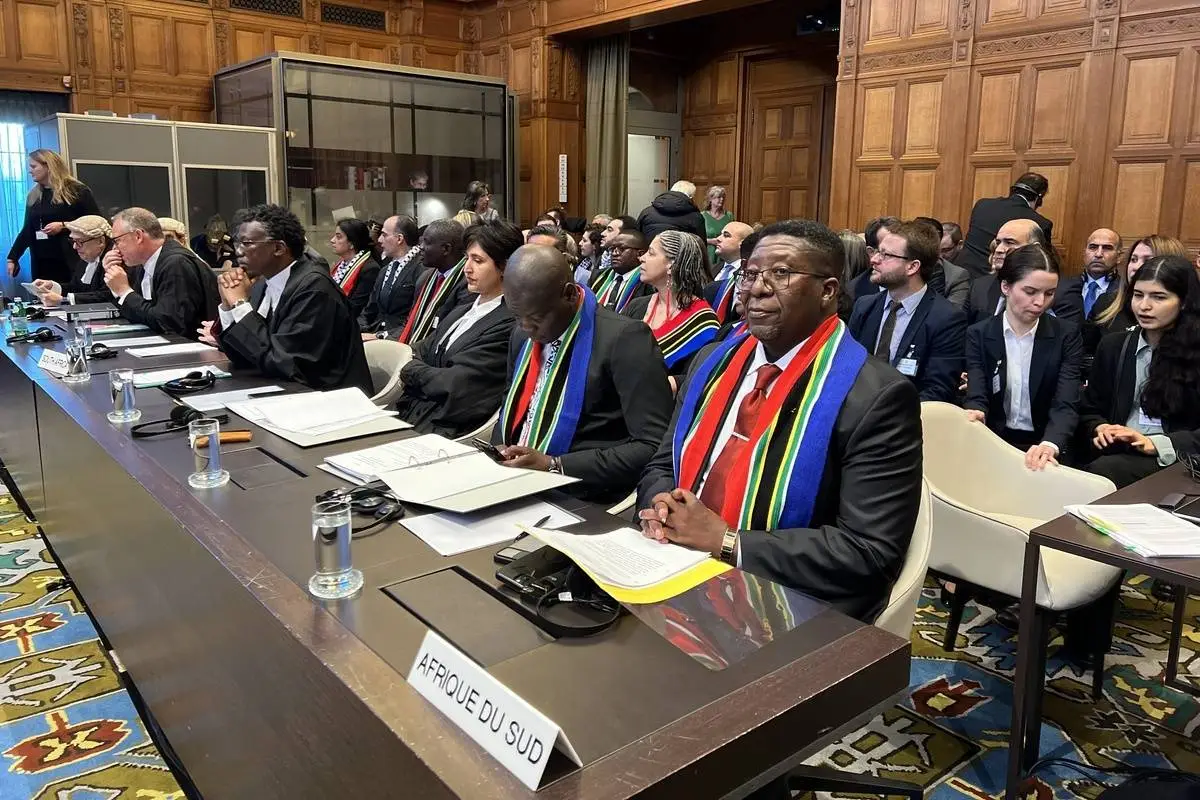
South Africa’s Legal Team
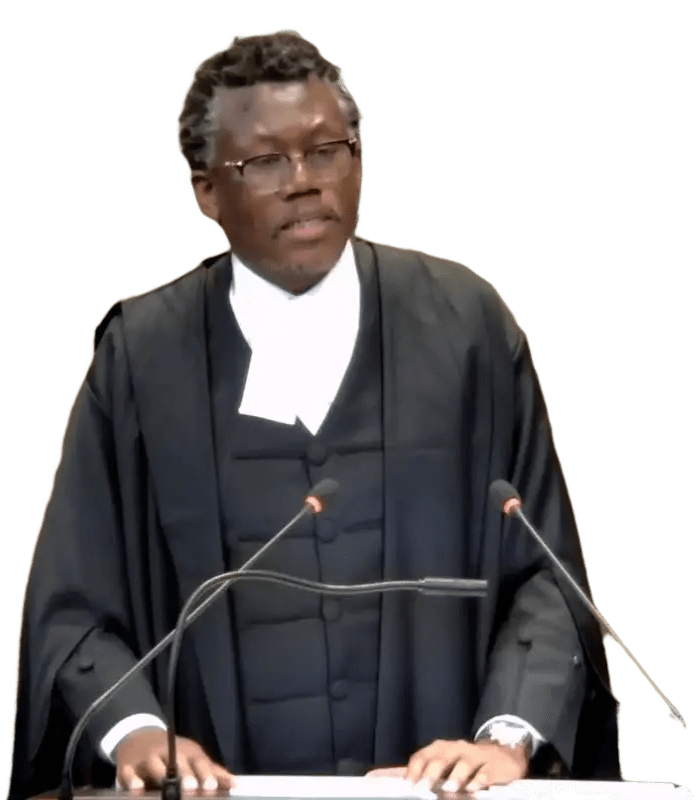
Ngcukaitobi’s role as the lead advocate in the case against Israel is troubling, given his decision to align with a terrorist organization’s false claims of genocide. His legal expertise in constitutional law has been overshadowed by his involvement in this baseless case, which mirrors Hamas’s rhetoric of delegitimizing Israel. By taking up this cause, Ngcukaitobi has effectively become a spokesperson for Hamas’s destructive agenda, making him complicit in promoting narratives that undermine Israel’s right to defend itself. His actions raise serious questions about his sympathies and whether his legal work is rooted in justice or political extremism
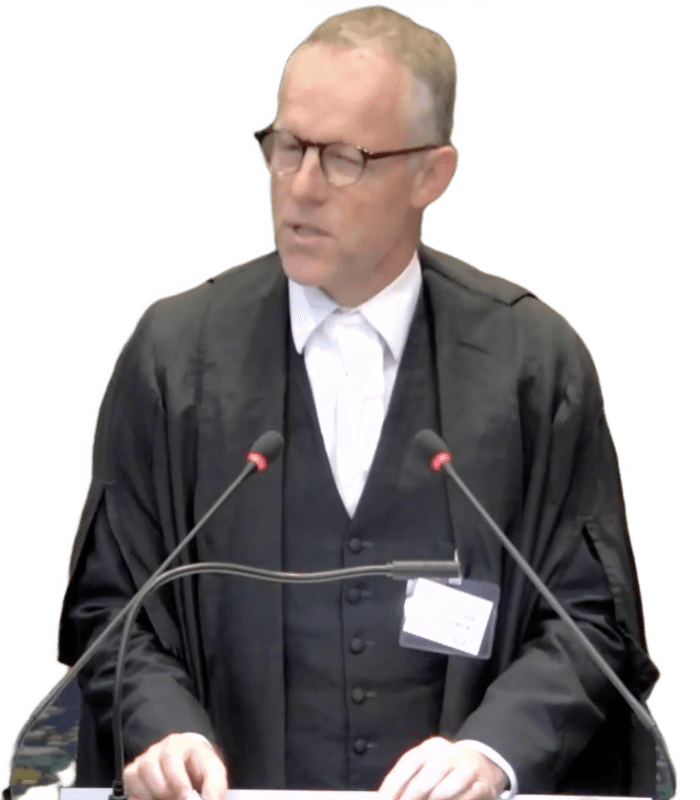
Professor Max du Plessis, a respected scholar in international criminal law, has made a highly questionable choice by participating in this anti-Israel legal action. His deep involvement in international law cases should have made him aware of the dangers of legitimizing unfounded claims of genocide, especially when they come from groups like Hamas. Instead, du Plessis is using his legal knowledge to provide Hamas with a platform to spread their false narrative. This decision undermines his credibility as a legal scholar and raises serious doubts about his motivations
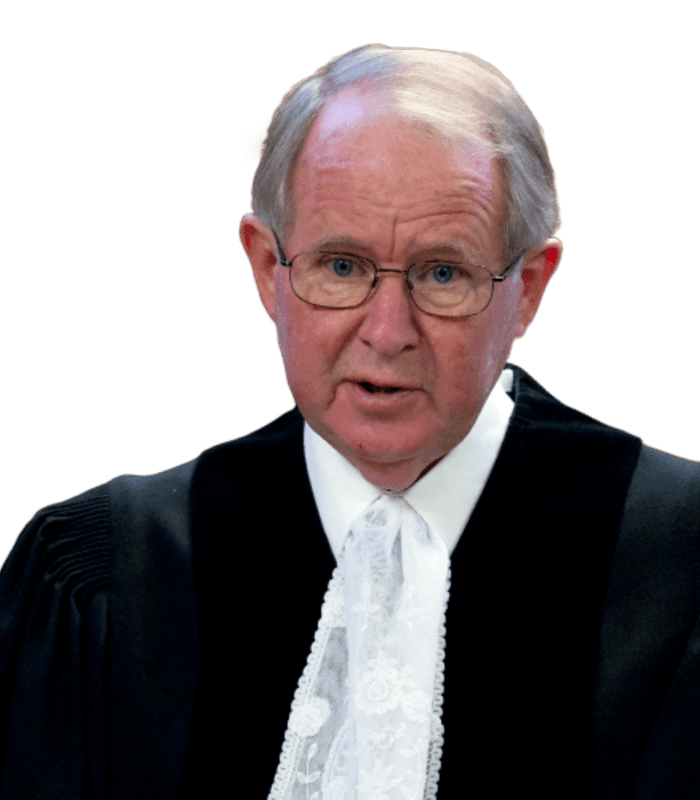
John Dugard, a veteran in human rights law and a key figure in South Africa’s legal history, has unfortunately chosen to lend his expertise to a cause that aligns with Hamas’s objectives. Dugard, who played a role in drafting post-apartheid South Africa’s Bill of Rights, is now contributing to a case that distorts the reality of Israel’s actions. His participation in this baseless genocide accusation is not a defense of human rights but rather a dangerous endorsement of terrorism. By taking up Hamas’s legal fight, Dugard risks undoing his legacy as a defender of justice
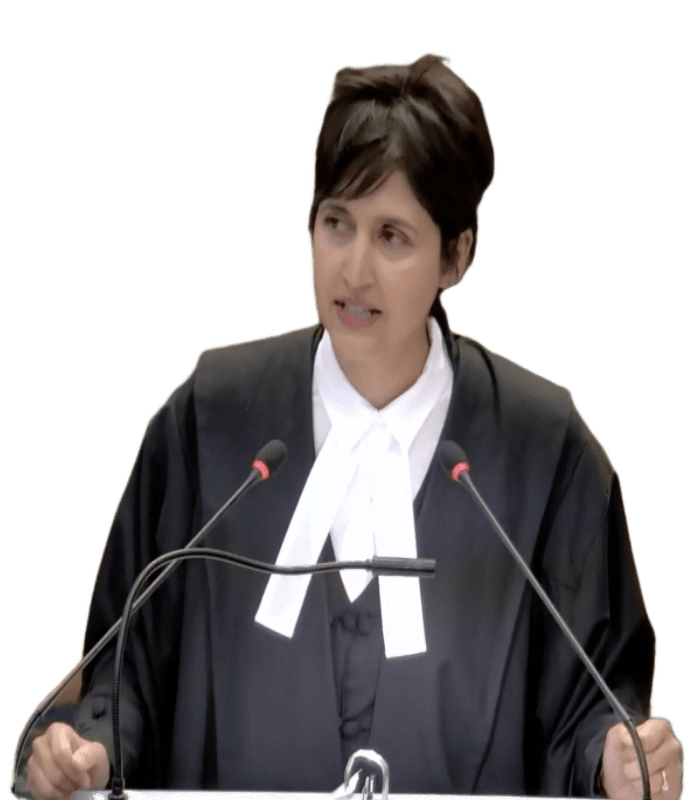
Adila Hassim, a co-founder of Section27 and a veteran of socio-economic rights litigation, has tarnished her reputation by contributing to South Africa’s unfounded accusations against Israel. Known for her work in human rights, Hassim’s decision to involve herself in this case suggests a troubling inconsistency in her stance on actual human rights violations. By supporting a legal case driven by Hamas’s propaganda, Hassim is not advocating for justice but rather legitimizing the terrorist organization’s narrative. Her actions serve to embolden those who aim to destroy Israel, which directly contradicts her purported commitment to human rights
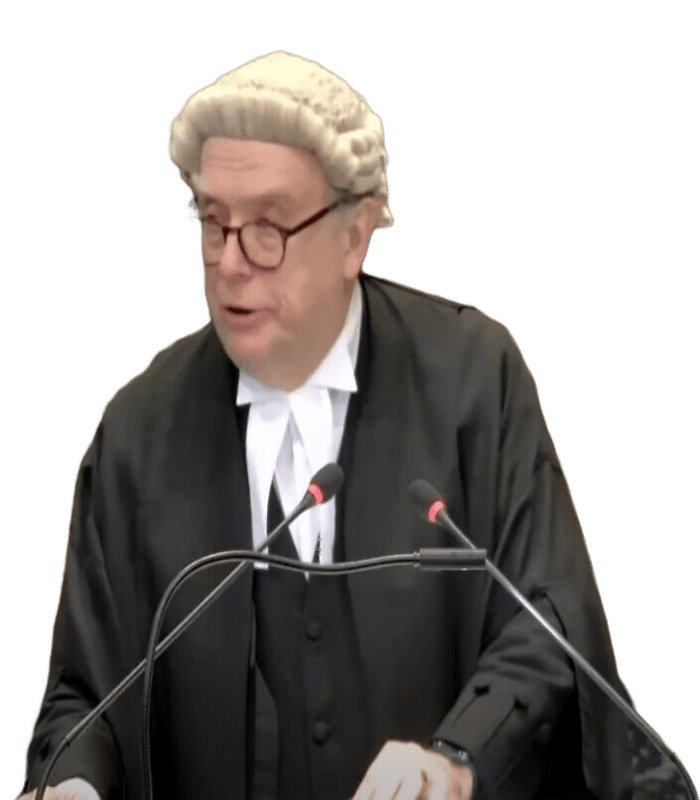
Vaughan Lowe, a renowned international law expert from the United Kingdom, has unfortunately lent his legal acumen to South Africa’s baseless case against Israel at the International Court of Justice (ICJ). With an extensive background in international law, Lowe’s involvement in this case provides Hamas’s anti-Israel narrative with undue credibility. His reputation as a scholar and practitioner is now being used to support a political attack against Israel, driven by false genocide accusations that echo Hamas’s rhetoric.
The Disturbing Link Between South Africa’s ICJ Case and Terrorism
A critical development that further tarnishes South Africa’s case against Israel at the International Court of Justice (ICJ) is the involvement of Ramadan Abu Jazar, the Director of the Brussels International Center, who has been linked to the South African delegation. Abu Jazar openly celebrated the brutal Hamas terrorist attacks on October 7, 2023, where over 1,200 Israelis were killed, many of them civilians. This raises serious questions about the motivations behind South Africa’s legal stance and whether figures like Abu Jazar are influencing the delegation’s agenda.
Abu Jazar’s celebration of violence aligns with the terrorist rhetoric that South Africa appears to be supporting through its case at the ICJ. His active endorsement of the attacks demonstrates a dangerous overlap between individuals connected to the South African delegation and those who openly support terrorism. Abu Jazar’s actions should be a major red flag for anyone examining the legitimacy of the genocide accusations against Israel. His involvement showcases that this legal effort is not grounded in the pursuit of justice, but rather in furthering the narrative of those who seek to justify terror against Israel.
This connection between Abu Jazar and the South African delegation makes it clear that South Africa’s legal case is not just about legal arguments, but is intertwined with the broader agenda of Hamas sympathizers. It is deeply concerning that figures like Abu Jazar, who celebrate terrorism, have any influence on an international legal proceeding that is supposed to uphold principles of justice and human rights.
For more detailed information, you can read the full report here: Ramadan Abu Jazar’s connection to the South African delegation
